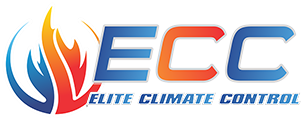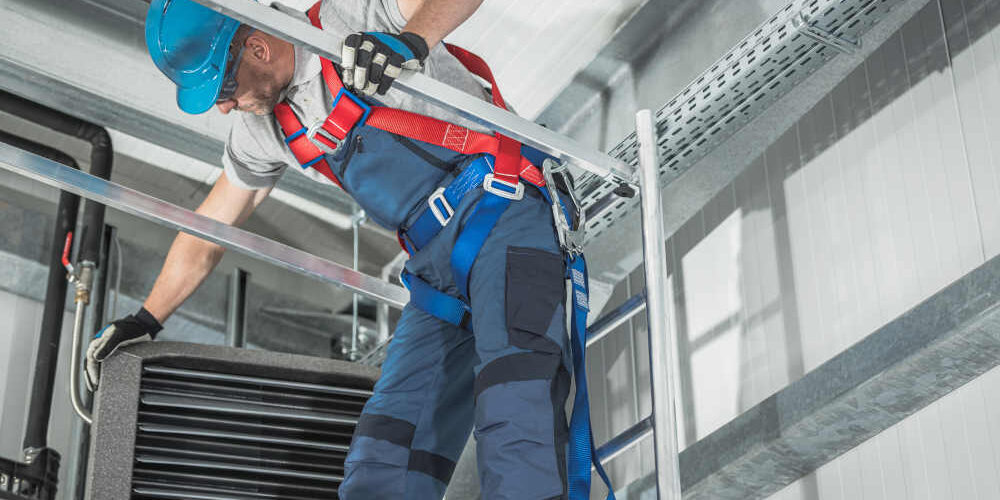The temperature of your home is a huge factor in your comfort levels. Heating and air conditioning can make all the difference in the world. When it’s cold out you want your home to be warm enough to be comfortable, and there is nothing better than cooling down in an air conditioned home during a hot summer.
Replacing an Old System
If you have an old system that needs to be replaced, a trained technician can diagnose your heating and air conditioning needs. If you have a forced air heating system, it is not too difficult to retrofit the system and add air conditioning. If your home is older and has window air conditioning units and a wall heater, you can improve your comfort levels by adding a new central heating and air conditioning system. This would be more expensive, but the comfort and convenience can make it worth the cost.
Your heating and air conditioning technician can help determine the kind of upgrade or new installation you may need. Things like finding the right sized unit can be determined by taking calculations of your home. A common calculation used by HVAC contractors is the J load calculation. Things like the amount and type of insulation you have and window placement are also taken into consideration. A trained professional can determine exactly what is the best course of action for your particular circumstances.
Determine the Correct Size Unit
When sizing your air conditioning unit, the tonnage or Btu per hour will be determined. If your unit is too small, it won’t cool properly Especially on those really hot days. It will also cost more because it has to run longer. An over-sized unit can cause problems too. It can require more power and be more expensive to operate. It can also cool too quickly, which doesn’t allow the air to properly circulate past the coils and extract moisture. This means that the over-sized unit will not lower humidity efficiently.
After finding your properly sized air conditioning unit, it is time to focus on energy efficiency. The seasonal energy-effective rating (SEER) rates how many Btu an air conditioner will remove for each watt of electricity used. If you are getting a new air conditioning unit, Federal law probably requires that you get a SEER rating of at least 13. When it comes to energy efficiency, the higher the SEER rating, the less it costs to run the unit. Whether you are getting a new heating or air conditioning system installed in your home, there is a lot of pre-planning in the process.




